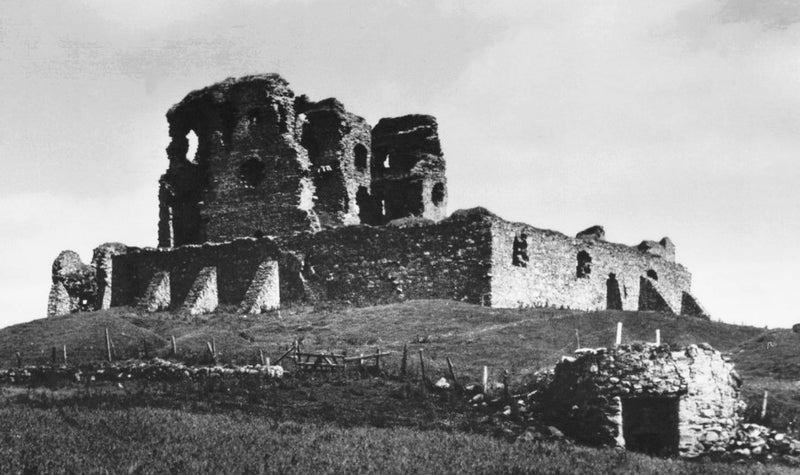It is thought that the ancestry of this family began with a Viking warrior who decided to settle in Renfrewshire in the ninth century. There are a number of theories as to the creation of the name this Viking’s descendants took. After fighting so ferociously in a battle, an early family member was praised by […]
Tag Archives: Cochrane Clan history
It is thought that the ancestry of this family began with a Viking warrior who decided to settle in Renfrewshire in the ninth century. There are a number of theories as to the creation of the name this Viking’s descendants took.
After fighting so ferociously in a battle, an early family member was praised by his leader as ‘brave fellow’. In the Gaelic they spoke he would have pronounced him ‘coch ran’. Another Gaelic manipulation of the words ‘battle cry’ or ‘the roar of battle’ leads to Cochrane.
The three boars found on the shield of the chief represent the game of a Cochrane warrior who killed three wild boars who had been spreading terror through the countryside.
Auchindoun Castle, Moray, was built by Thomas Cochrane in the mid-15th century
In 1456 Allan Cochrane of Cochrane had the Cochrane lands resigned to him from his father Robert. James II then gave him a charter for the lands. The manor house had a tower added to it by William Cochrane of that ilk before he died in 1594.
It was then known as Cochrane Castle.
The chiefship was in jeopardy when, during the early 1600’s, William Cochrane of that ilk had no male children. He ensured that whoever married his daughter Elizabeth be bound to assume as their own the Cochrane name and coat of arms. The first Earl of Dundonald was William’s grandson and heir and attained this position in 1669.
But it was Elizabeth’s eldest son Alexander who became a colonel for Charles I and began the recurring ‘fighting Cochranes,’ a line of chiefs who consistently served their country, both at sea and on land, with distinction. The most famous of these was Thomas, the tenth Earl, who, amongst a lifetime of greatness, took command of a brig and only fifty-four men, and boarded and captured a Spanish frigate of thirty-two heavy guns and 319 crew in 1801.

